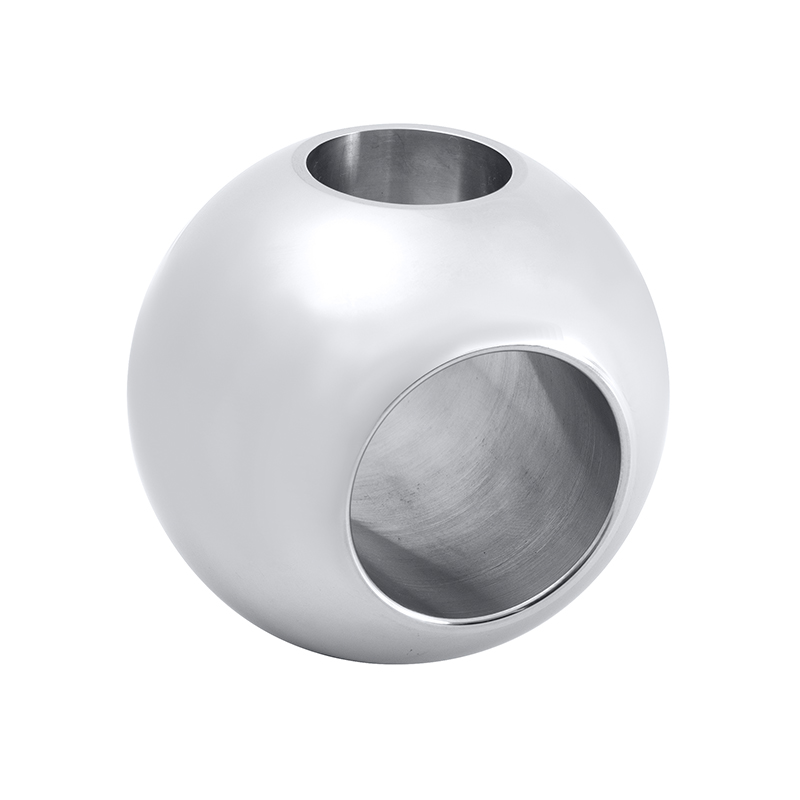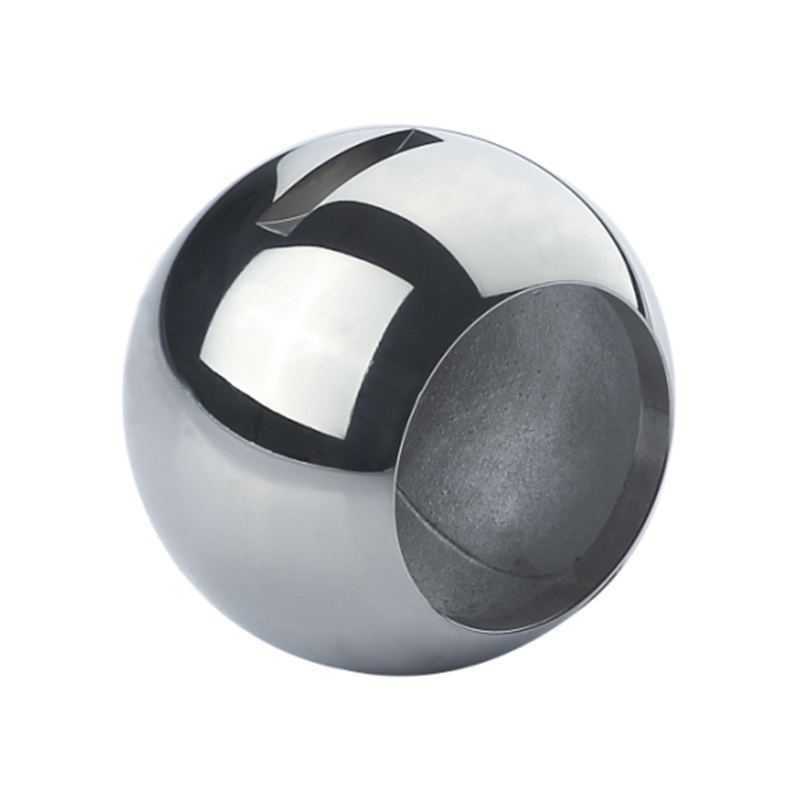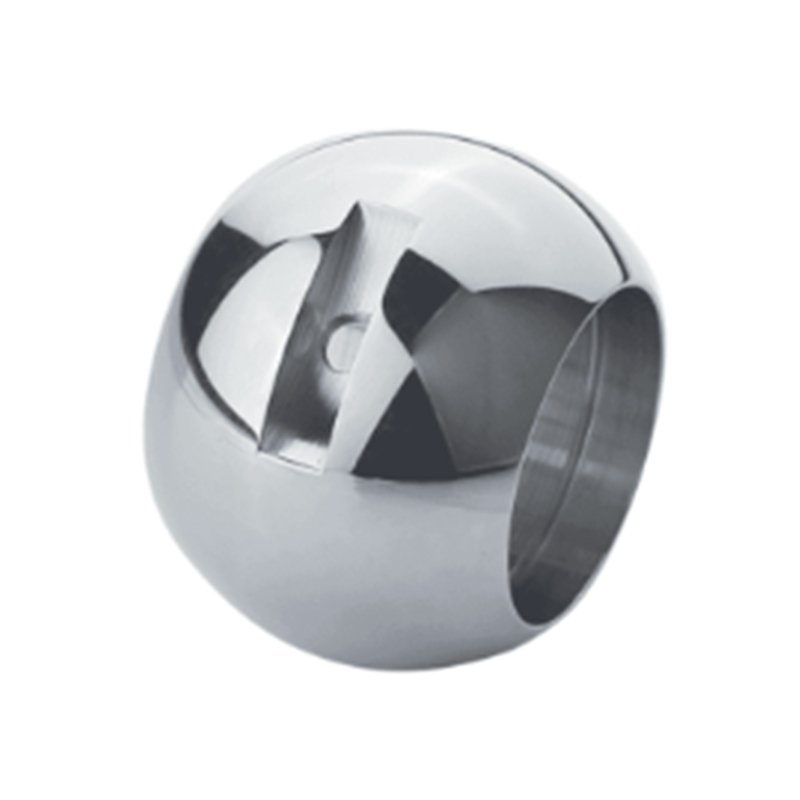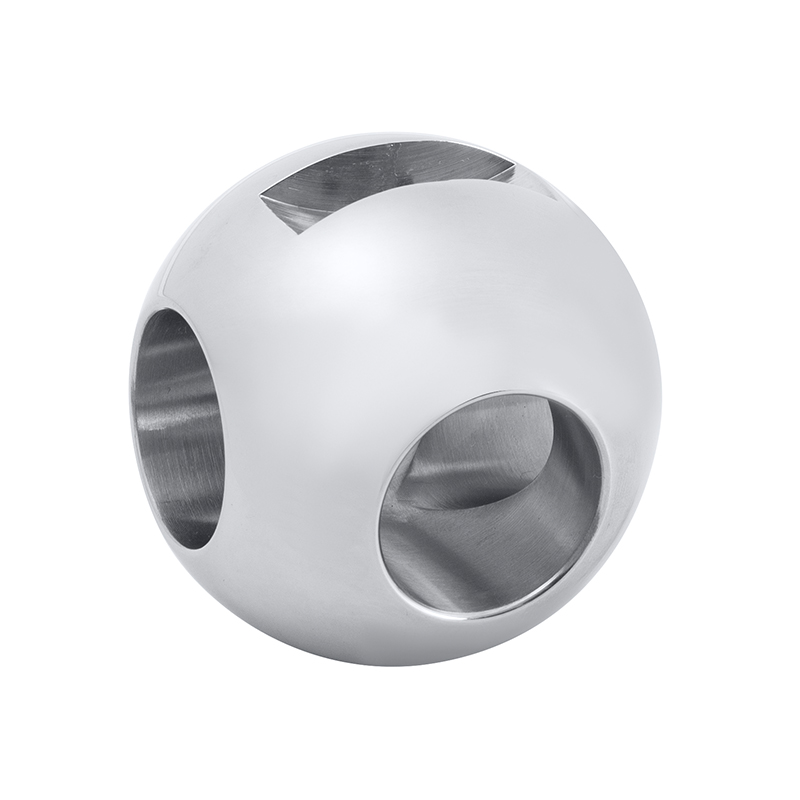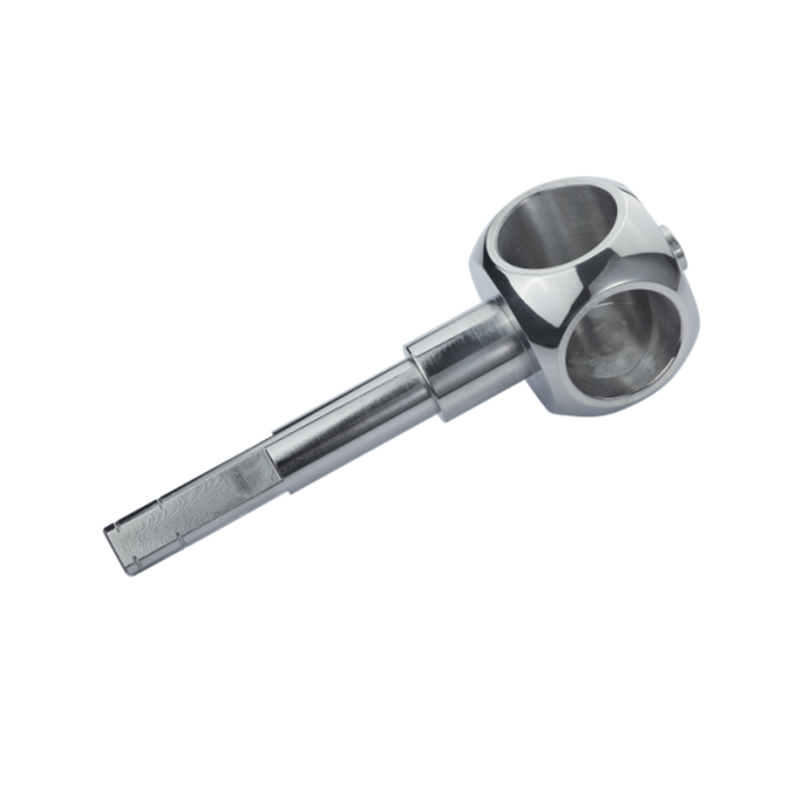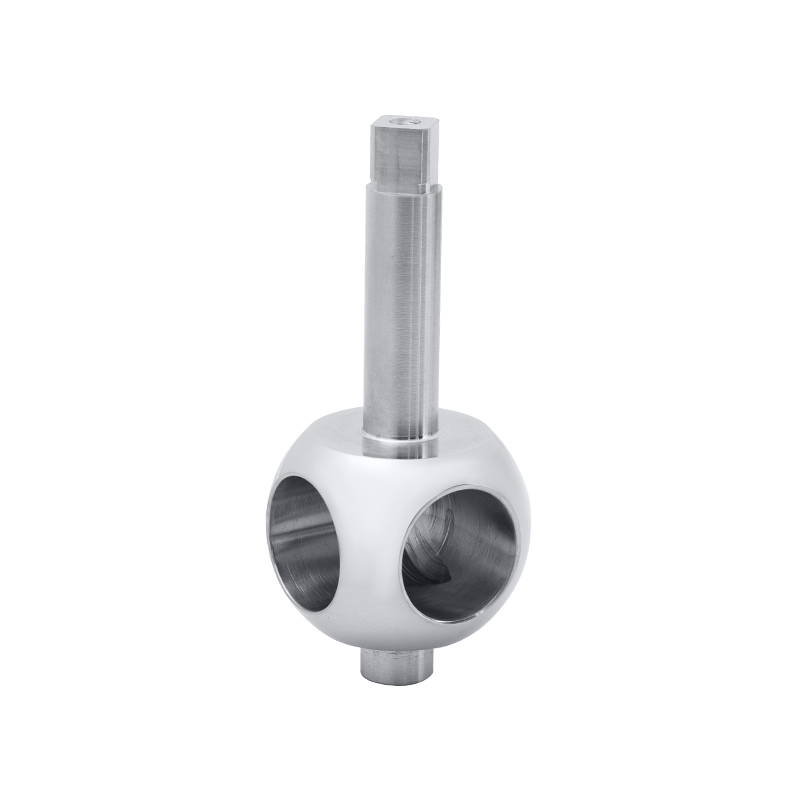In the complex and demanding environment of chemical plants, ensuring reliable and consistent flow control is paramount. Industrial ball valves play a critical role in managing the flow of various liquids and gases, maintaining safety, and optimizing process efficiency. Among the many components that define the performance of these valves, precision valve balls are fundamental to enhancing flow reliability.
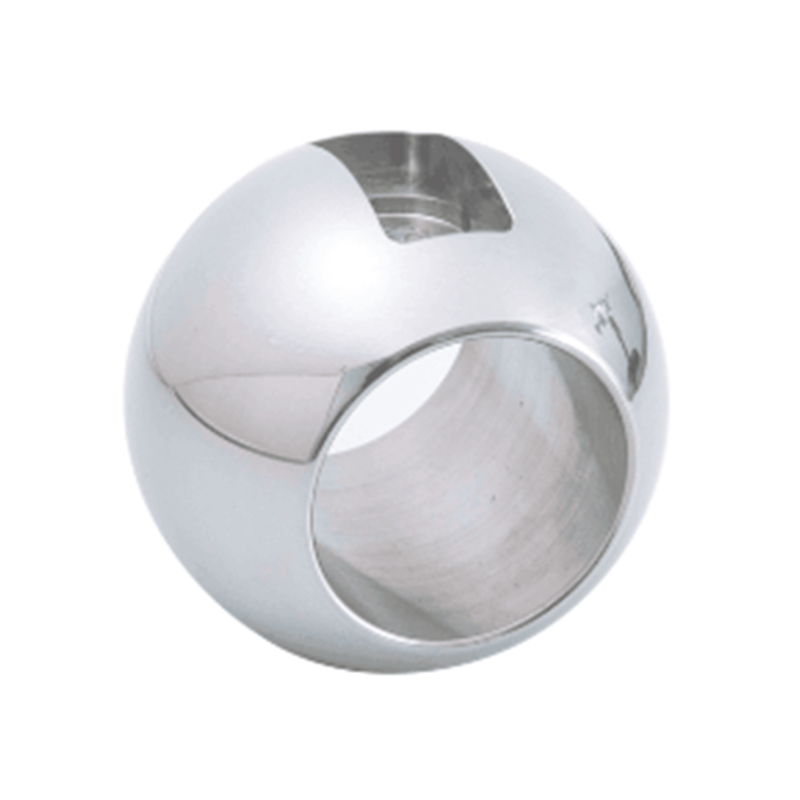
The Role of Industrial Ball Valves in Chemical Plants
Industrial ball valves are widely utilized in chemical processing due to their robust design, straightforward operation, and versatility in handling aggressive chemicals, high pressures, and varying temperatures. These valves typically feature a spherical ball inside the valve body, which rotates to open or close the flow path. The ability to quickly isolate flow or allow full passage makes ball valves a preferred choice in many process applications.
However, the efficiency and longevity of an industrial ball valve are heavily influenced by the quality and precision of the valve ball itself. Precision valve balls must maintain tight tolerances, smooth surface finishes, and durability to ensure small leakage and wear over time. Poorly manufactured or imprecise valve balls can result in flow inconsistencies, leakage, or premature valve failure, which can have significant safety and operational consequences in chemical plants.
Fixed Ball Valve Design and Its Advantages
Among the various types of ball valves, the fixed ball valve is a design that offers enhanced stability and reliability in many chemical processing scenarios. Unlike floating ball valves, where the ball is held in place only by the seats and is free to move slightly, fixed ball valves anchor the ball firmly to the stem. This design reduces the amount of force needed to operate the valve, especially in larger diameters, and enhances sealing under high pressure conditions.
Fixed ball valves are particularly advantageous when handling fluids with suspended solids or when dealing with corrosive or viscous media common in chemical plants. The fixed position of the ball ensures consistent alignment with the seats, reducing wear and potential leakage paths. Moreover, these valves generally exhibit improved flow characteristics and longer service life, which contributes to steady process operations.
High Flow Ball Float Valve: Managing Variable Flow Conditions
In addition to fixed ball valves, chemical plants often employ specialized high flow ball float valves. These valves are designed to regulate flow based on the liquid level or pressure conditions, offering automatic control without the need for external actuators.
The high flow ball float valve is especially useful in applications such as tank filling, drainage, or overflow protection. Its design incorporates a buoyant ball that rises and falls with the fluid level, opening or closing the valve accordingly. The "high flow" aspect refers to the valve's capability to handle large volumes of fluid with small pressure drop, which is essential for maintaining efficient process throughput.
The precision of the valve ball in these float valves is critical. A smooth, accurately dimensioned ball ensures reliable seating and response to fluid level changes, preventing leakage or delay in valve actuation. Properly engineered high flow ball float valves can contribute significantly to automated process control, reducing manual intervention and improving overall plant safety.
Material Selection and Surface Finish: Key to Valve Ball Performance
The materials used for valve balls in chemical plants must withstand corrosive chemicals, abrasive particles, and temperature bads. Common materials include stainless steel, chrome-plated steel, and various alloys, selected based on the specific process requirements. The surface finish of the valve ball is equally important; a polished surface less friction and wear against the valve seats, enhancing sealing performance and valve lifespan.
In addition, advanced manufacturing techniques, such as precision machining and electro-polishing, are often employed to achieve the necessary tolerances and finishes. These processes help create valve balls that consistently meet the stringent demands of industrial applications, ensuring reliable operation over extended periods.
Maintenance and Operational Considerations
While precision valve balls contribute greatly to the reliability of industrial ball valves, proper maintenance and operational practices are equally vital. Regular inspection of valve components, cleaning to prevent buildup of deposits, and timely replacement of worn parts can extend valve life and maintain flow integrity.
Chemical plants should also consider the compatibility of valve designs with their process conditions. For example, fixed ball valves are preferred in high-pressure, high-temperature settings, whereas high flow ball float valves are suited for level control applications. Selecting the right valve type and ensuring precision in valve ball manufacture directly impact operational reliability and safety.
In summary, the integration of precision valve balls within industrial ball valves, including fixed ball valves and high flow ball float valves, plays a significant role in enhancing flow reliability in chemical plants. These components ensure accurate sealing, consistent flow control, and durability under demanding conditions. By focusing on precision manufacturing, appropriate material selection, and suitable valve designs, chemical processing facilities can achieve steady, safe, and efficient operation without compromising process integrity.

 English
English Español
Español Deutsch
Deutsch

